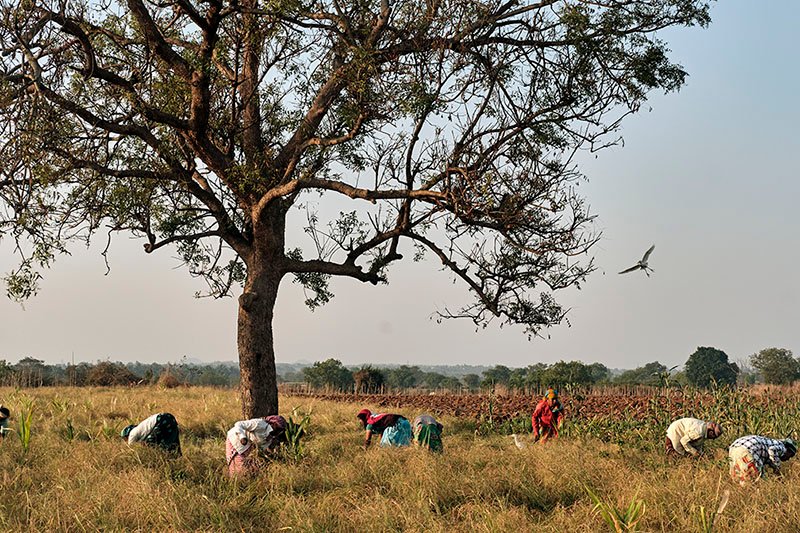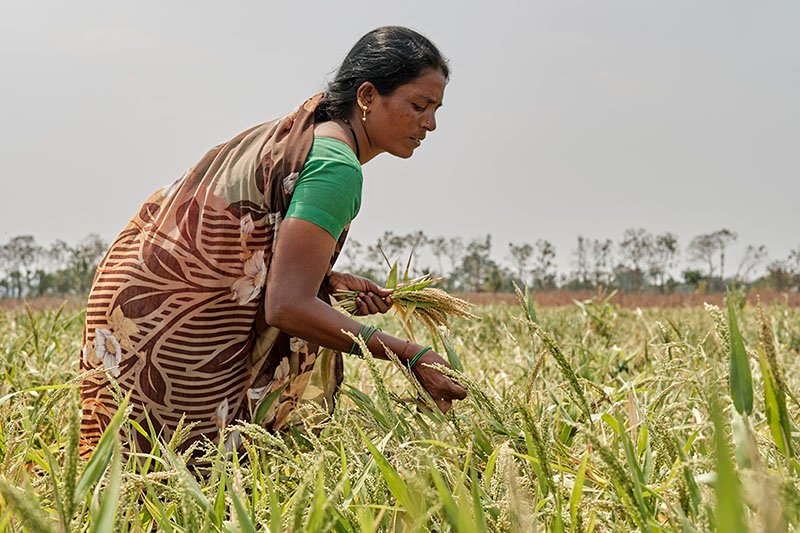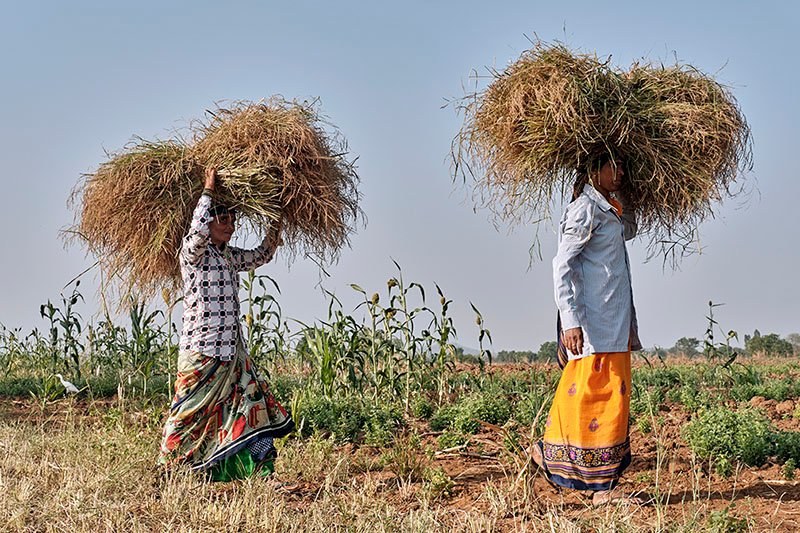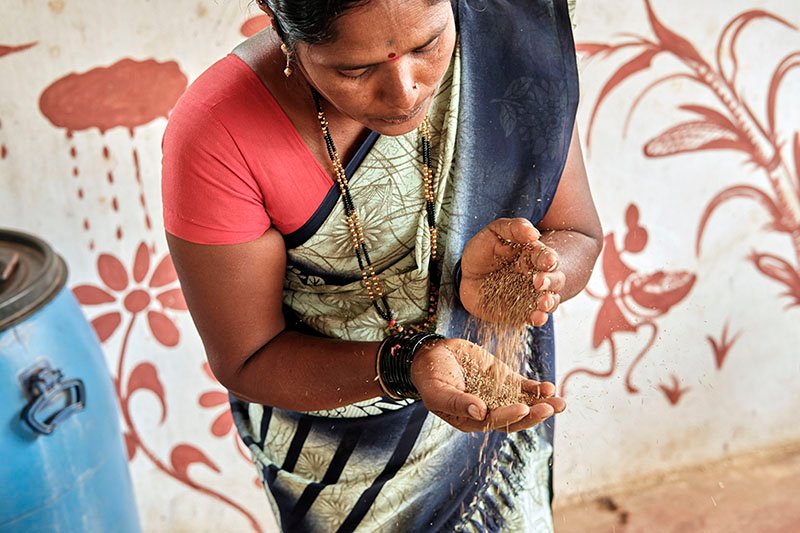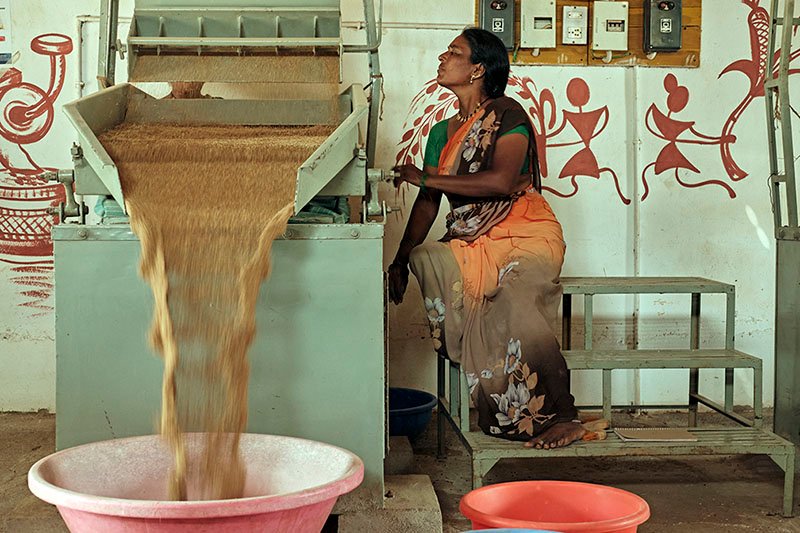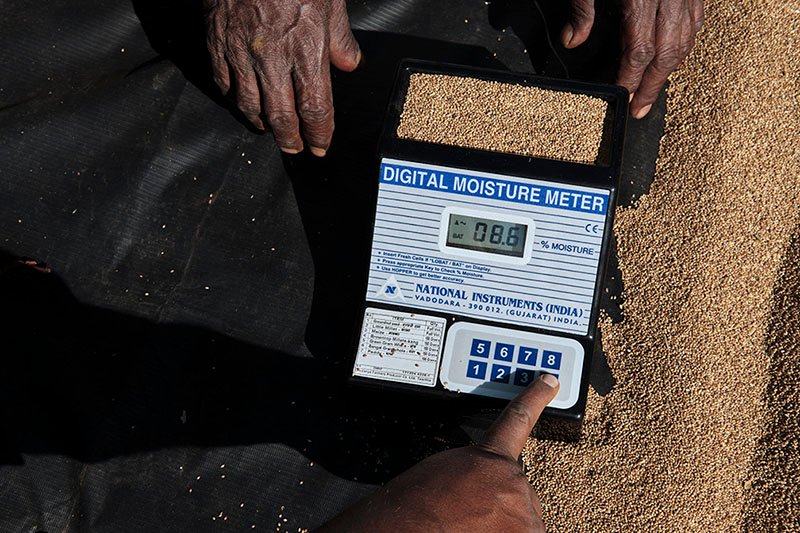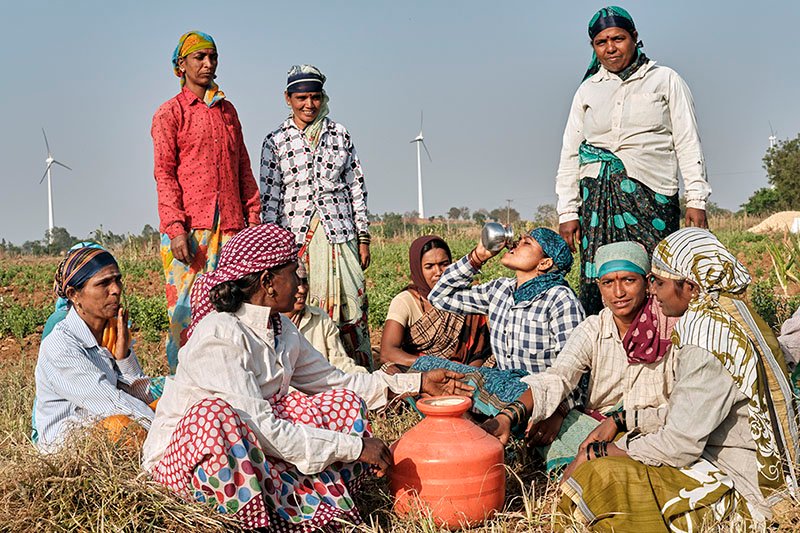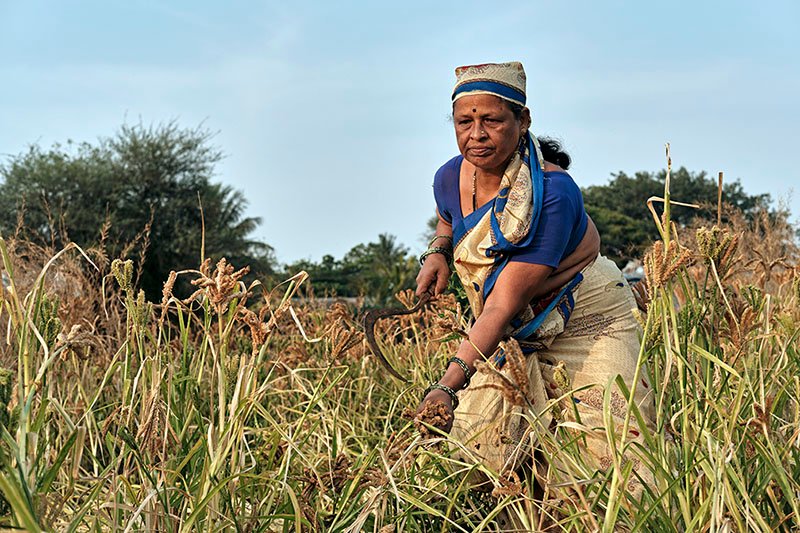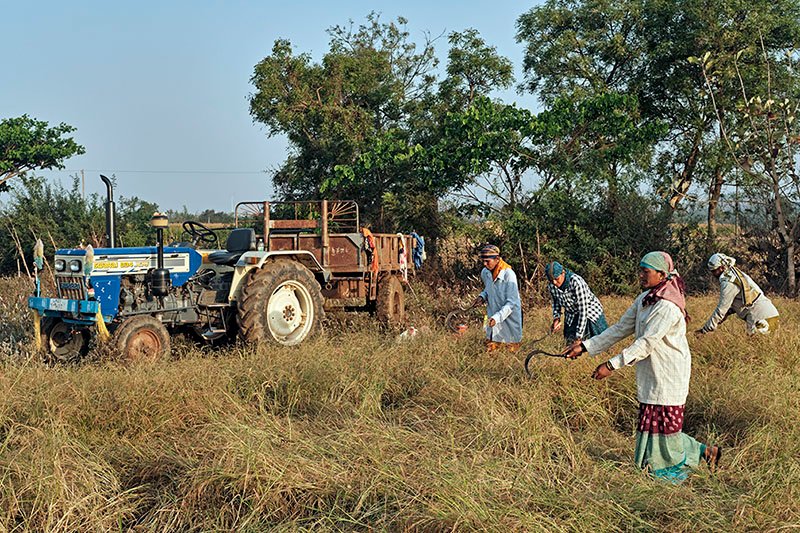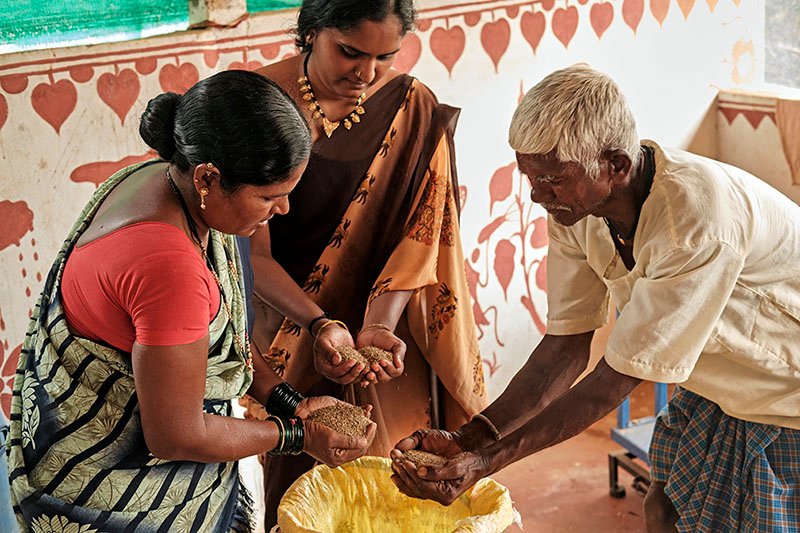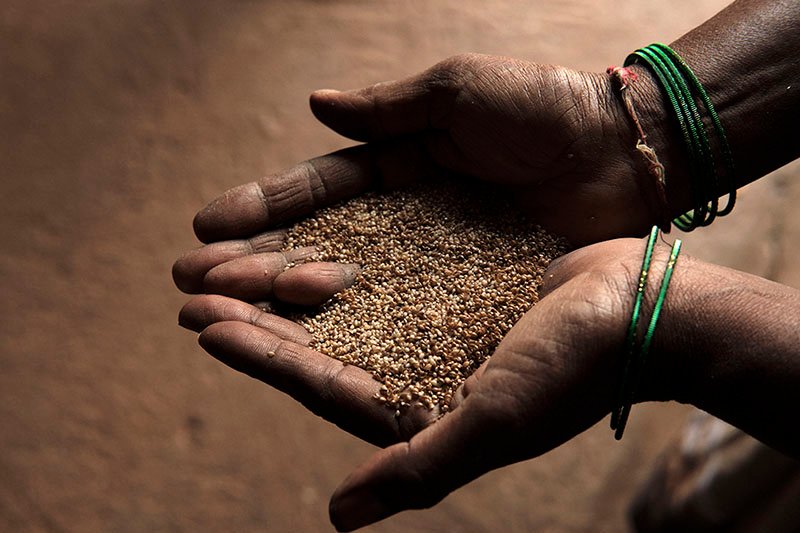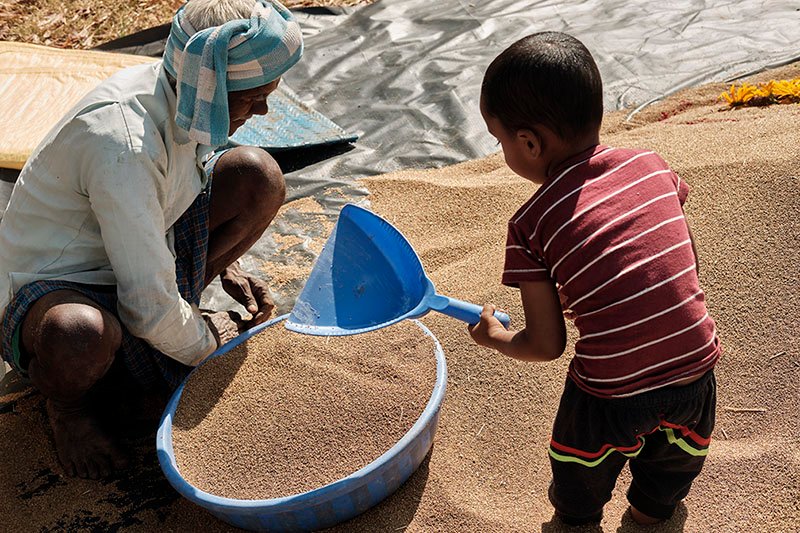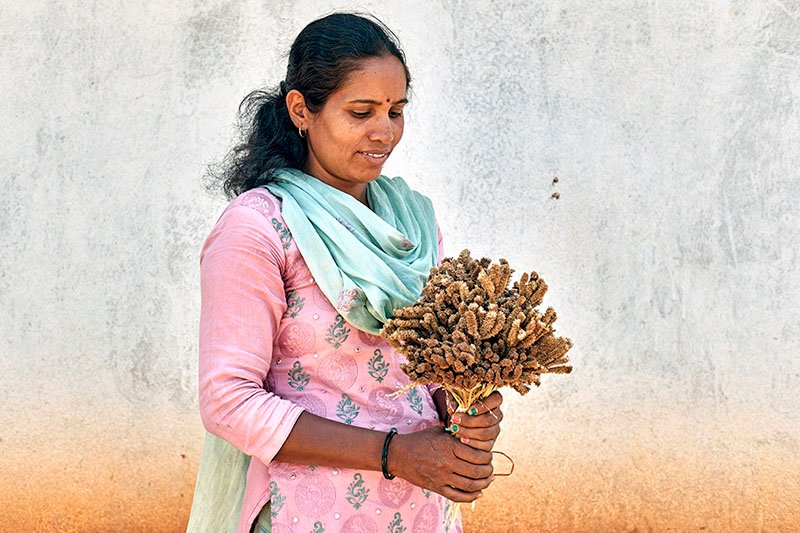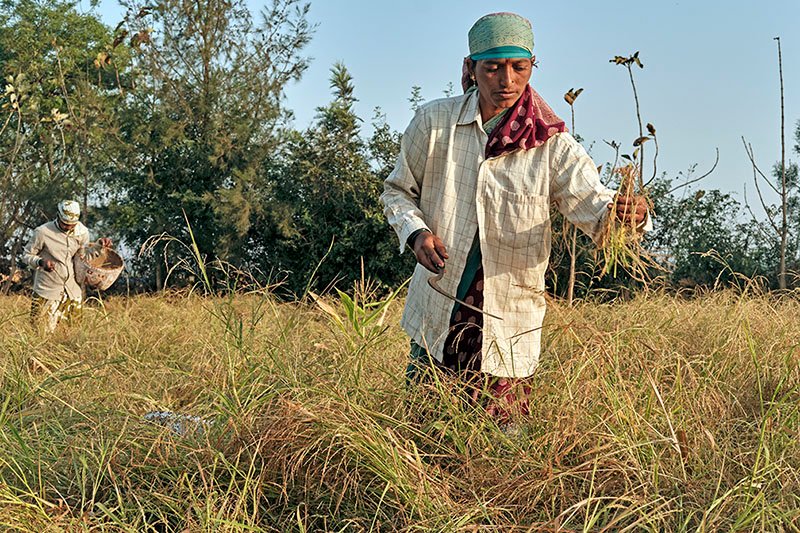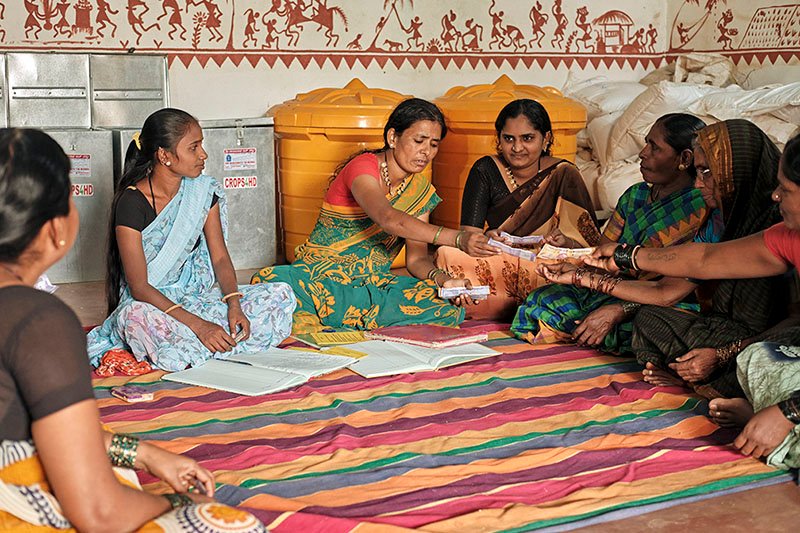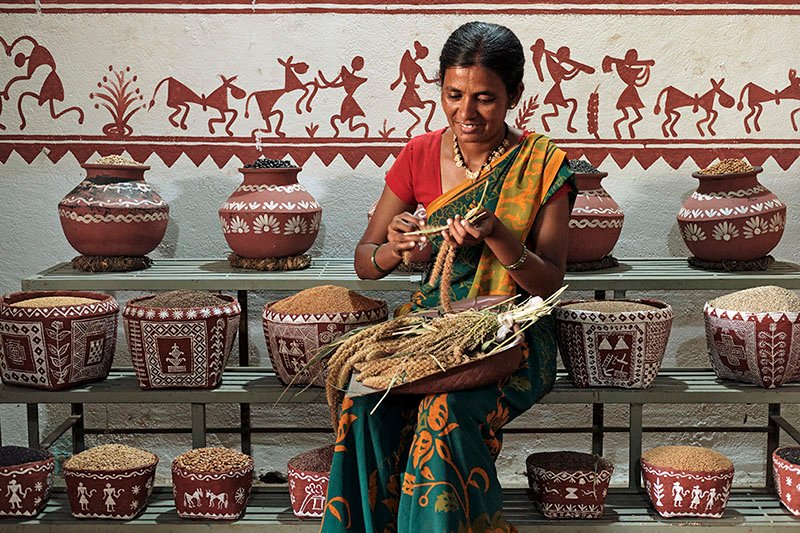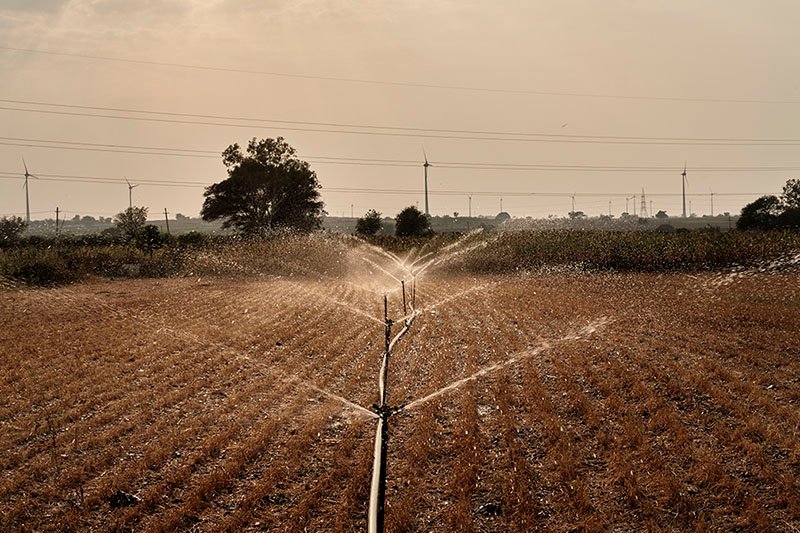Sowing Seeds of Sustainability in Rural India
In Karnataka’s heartlands, a quiet revolution is reshaping farming’s future, led by determined women farmers reclaiming their agricultural heritage.
In June 2023, a collective of women farmers launched a remarkable grassroots initiative to revive 84 varieties of indigenous millets that had nearly vanished from the region.
At the forefront stands 42-year-old Rathna Prakash Hosalli, a single mother with only a seventh-grade education whose leadership has inspired a resurgence of traditional, sustainable farming. Under her guidance, women gathered native finger millet (ragi) varieties from across Karnataka and planted them on leased land. Among the recovered varieties are gidda ragi, tene ragi, kallu ragi, unde ragi, and koli motte ragi—each bearing deep cultural and agricultural significance.
These grains were once dietary staples, prized for their hardiness and nutritional value. However, over the years, they were replaced by water-intensive crops like groundnuts and rice. This revival represents more than food security; it’s a strategic response to urgent environmental challenges.
Millets demonstrate remarkable resilience to drought and thrive in the dry, nutrient-poor soils common throughout the region. Their minimal water requirements make them ideal choices amid India’s growing water scarcity and climate variability. By returning to these time-tested crops, farmers are building resilience into their agricultural systems while addressing sustainability concerns.
The movement has created significant economic opportunities beyond environmental benefits. The collective’s success has inspired more women in the region to embrace millet farming, witnessing firsthand how combining ancestral knowledge with modern sustainability principles yields both environmental and financial gains.
Nutritionally, millets are powerhouses offering distinct health benefits. Some varieties are rich in calcium, others high in iron, fiber, or antioxidants. These grains enhance rural diets and help combat malnutrition in low-income communities. Their diversity improves food security, with each variety bringing unique traits like pest resistance or soil adaptability that protect against crop failures.
The movement’s ripple effects are tangible. Sixty-five-year-old Errappa, a lifelong farmer, received 20 kilograms of high-quality millet seeds from the women’s collective in November 2024 when facing seed sourcing challenges for his two-acre farm. This support enabled him to continue farming sustainably, bridging generations of agricultural knowledge.
In Thirtha village, a millet processing unit established by the collective has become a vital value chain link. The facility processes harvested millets, enhancing shelf life, market value, and accessibility while providing employment for local women and strengthening the rural economy.
Among the most inspiring leaders is Bibi Jan, convenor of a women’s collective in Theertha village. Through her leadership, over 1,000 farmers and a dedicated team of 14 women have been mobilized. Her millet processing initiative has transformed livelihoods, generating income and building community resilience.
This movement powerfully demonstrates the often-overlooked role women play in Indian agriculture. Their work conserves biodiversity while redefining sustainable development from the ground up. As these women sow ancient grain seeds, they plant the roots of a more secure, sustainable future for their communities and beyond, proving that traditional wisdom combined with modern innovation can create lasting environmental and social change.
Karnataka, India.

